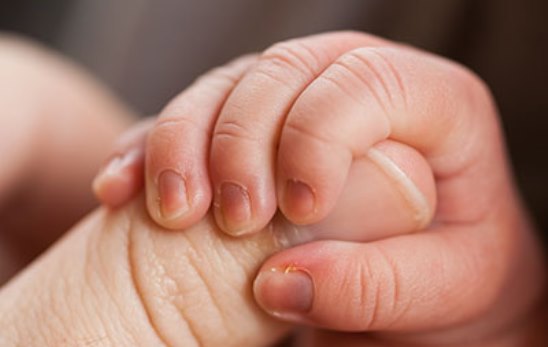Vishakha Amin
A joint family is about to go for partition. There is a grandfather, father and the unborn child. They are unable to decide whether the estate should be divided into halves or into one-third? Does the unborn child have any legal right over the property in a joint family? Or should the family even consider the existence of the unborn? If yes, then how should it be done?
This was decided in famous case of Minor A.Namrutha vs P.V.Manoharan on 19 September, 2018 before the Madras High Court by the judgement of a single bench judge- Justice S.S.Sundar. The said case was decided under the light of Section 20 of the Hindu Succession Act, 1956.
Section 20 of the Act states the right of an unborn child that is in the mother’s womb. To be a beneficiary under this provision, the child should have been in the womb when transfer is taking place or at the time of the death of the person who desires to transfer the estate. When the child is born alive he/she shall have the same right as if he/she had been born before the estate owner dies. Such inheritance shall be deemed to vest in such a case with effect from the date of the death of the estate owner.
Section 20 of the Act reads, “A child who was in the womb at the time of the death of an intestate and who is subsequently born alive shall have the same right to inherit to the intestate as if he or she had been born before the death of the intestate, and the inheritance shall be deemed to vest in such a case with effect from the date of the death of the intestate.”
Summarising Section 20, a child in womb who has come into existence will be entitled to share of the property only if—
(i) The child is in the womb at the time of death of the estate owner, and
(ii) The child is born alive.
The entitlement to inheritance of the unborn child will be same as if he/she were born before the death of the estate owner as per the above mentioned requisites. Every child, either male or female, who is in mother’s womb at the time of the death of the estate owner is deemed to come into existence in the eyes of law for the purpose of conferring on him/her benefits of inheritance.
Also, whenever a partition is proved to be unjust and unfair and is detrimental to the interests of the minors of the Hindu Undivided Family, the partition can certainly be reopened whatever the length of time when the partition took place.

